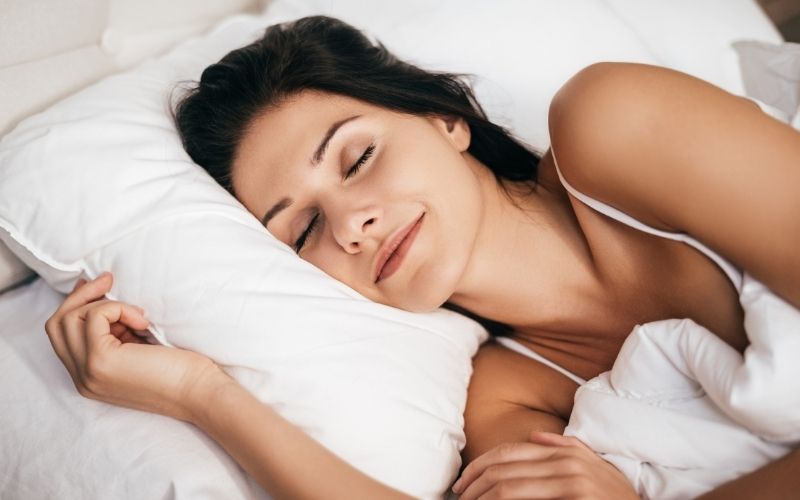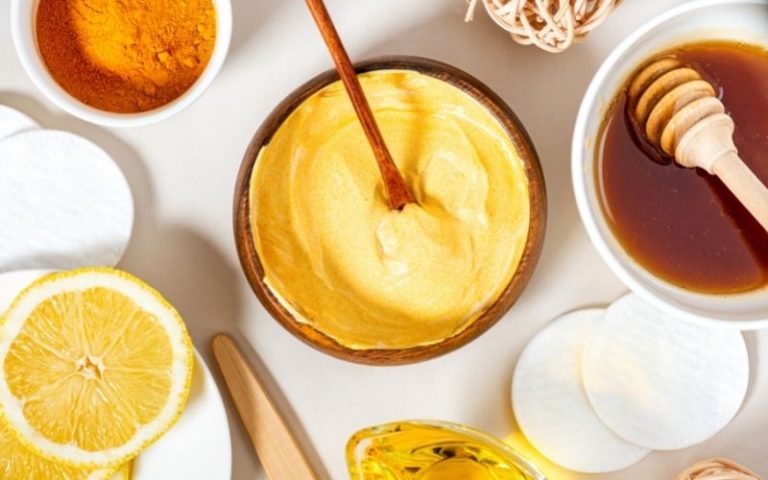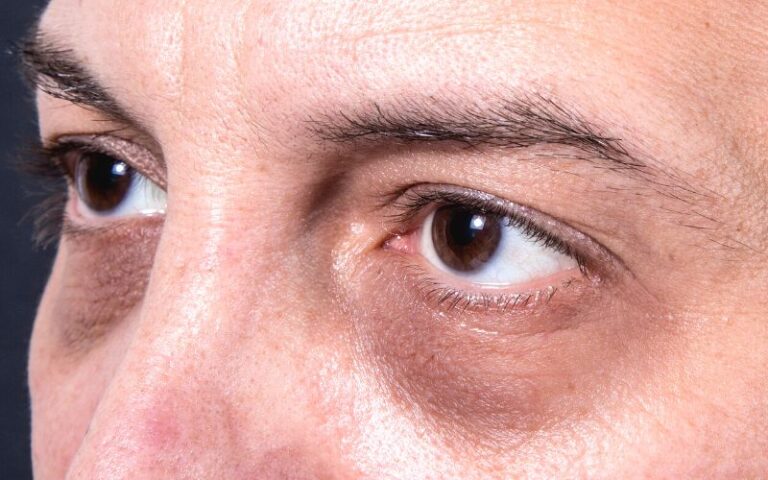How A Spoonful Of Peanut Butter Before Bed Gave Me Deeper, More Restful Sleep

After years and years of insomnia doing it’s best job to make me look like a sleep deprived raccoon, I thought I was out of solutions.
I’ve tried sleep masks, sleep sounds, different routines, and some questionable sleep hacks (thanks, Tiktok) in desperation to find something that makes me sleep soundly at night.
No luck whatsoever (sigh).
At this point, it’s clear how important sleep really is for you to glow up.
And it’s also an important factor in our list of the top 20 things to do for clear skin!
That’s until I found out about foods (peanut butter, to be exact) that contain properties which helps to trigger sleep chemicals in our bodies to make sleep easier.
Don’t believe me? I’ll explain.
Why peanut butter helps induce sleep
Yes, this is a worthy excuse to gobble a spoonful of peanut butter right before bed.
…or just eat straight from the jar — we won’t judge.
In addition to being magically delicious, peanuts contain a chemical that has been linked to improved sleep cycles in adults.
This chemical that’s found within peanuts is the amino acid called Tryptophan.
Tryptophan has been studied and confirmed to get converted into melatonin and serotonin through the gastrointestinal (GI) tract.
This is extremely important because melatonin plays a big role in your sleep-wake cycle.
Further, peanut butter is high in fat and calories that can easily curb your nighttime hunger and make you wake up feeling less hungry.
While some peanut butters contain high amounts of sugar, it’s best to avoid these ones and opt for healthier ones.
As a rule of thumb, look for peanut butter that has the fewest ingredients added.
What the studies say
While there are no specific studies that link peanut butter and sleep, there have been studies that link foods rich in tryptophan to improved sleep cycles.
In a study conducted in 2013, 35 middle-aged (55-75 years old) participants were fed tryptophan-enriched cereal for breakfast and dinner for three weeks while their mood and sleep cycles were monitored.
The control group consumed cereals with lower levels (22.5mg in 30g of cereal) of tryptophan for the first week, higher levels (60mg in 30g of cereal) of tryptophan cereals the second week, and returned to their normal diets for the final week.
The data that was gathered indicated that the participants experienced an overall improvement of sleep quality during the week of eating cereals with high levels of tryptophan.
They also experienced a boost in overall mood as well.
“The consumption of cereals containing the higher dose in tryptophan increased sleep efficiency, actual sleep time, immobile time, and decreased total nocturnal activity, sleep fragmentation index, and sleep latency.
Urinary 6-sulfatoxymelatonin, 5-hydroxyindoleacetic acid levels, and urinary total antioxidant capacity also increased respectively after tryptophan-enriched cereal ingestion as well as improving anxiety and depression symptoms.”
All in all
If you struggle with falling asleep or staying asleep, this is definitely worth a try.
Start your nighttime routine with a spoonful of peanut butter and see what a difference it makes in your sleep!
Sources:
- Bravo R;Matito S;Cubero J;Paredes SD;Franco L;Rivero M;Rodríguez AB;Barriga C; “Tryptophan-Enriched Cereal Intake Improves NOCTURNAL Sleep, Melatonin, Serotonin, and Total Antioxidant Capacity Levels and Mood in Elderly Humans.” Age (Dordrecht, Netherlands), U.S. National Library of Medicine, pubmed.ncbi.nlm.nih.gov/22622709/.
- “Search Results.” Nutrition Data Know What You Eat., nutritiondata.self.com/foods-008079000000000000000-1w.html.





